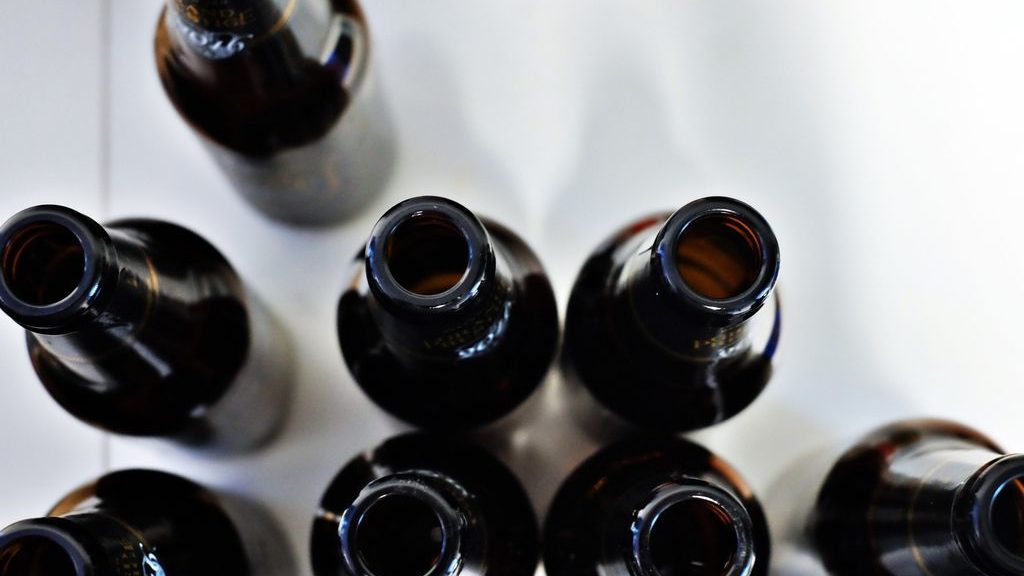Published in Criminal Law by Chris Eskew on July 18, 2024.
Minors are not allowed to consume or even possess alcohol.
If the police catch a minor with alcohol, it can result in misdemeanor charges under Indiana underage drinking laws.
However, there are defenses to charges related to minor consumption.
Indiana criminal defense attorneys can help identify which defense applies best in your situation. This may result in the withdrawal of the ticket.
At Eskew Law, our lawyers have extensive experience in defending the rights of clients who received underage drinking tickets.
Underage Drinking: Indiana Laws
Transportation of Alcohol and Penalties for Minor in Consumption
The Indiana drinking age is 21. Under Indiana Code section 7.1-5-7-7, it is illegal for a minor under the age of 21 to possess or consume any alcoholic beverage.
It is also against the law for a minor to transport an alcoholic beverage on any public road or highway without at least one parent or guardian also present.
A violation of section 7.1-5-7-7 is a Class C misdemeanor. Indiana Class C misdemeanors carry a possible penalty of up to 60 days in jail and a fine of up to $500.
Defenses Against Minor in Consumption in Indiana
However, section 7.1-5-7-7 provides that enforcement of the law is “subject to” section 7.1-5-1-6.5, which provides that a police officer cannot arrest someone for violating the minor in possession of alcohol laws in certain situations.
For example, if law enforcement officers make contact with a person in any of the following situations, they cannot arrest a minor for possessing, consuming, or transporting alcohol:
- The minor requested emergency assistance,
- The minor acted with another to obtain assistance for someone they believed needed assistance,
- The minor was the victim of a sex offense, or
- The minor witnessed a crime.
If anyone fits into the above scenarios, they are immune from prosecution if they:
- Provide their full name and
- Provide the officer with any other requested information and cooperate with the investigation.
The reason for the bar to criminal prosecution in these situations is to encourage people to seek help in the event of an overdose or when someone else’s safety is at risk.
However, to benefit from this defense, a minor must cooperate with law enforcement, which may include remaining at the scene and giving the officer a truthful version of events.
Other Alcohol-Related Offenses Pertaining to Minors
In addition to possessing, consuming, or transporting alcohol, there are several other related laws pertaining to minors and alcohol.
For example, minors face a Class C misdemeanor if they make a false statement about their age to obtain alcohol.
For example, a minor using a fake ID to buy beer may bring not only charges related to possession of a fake ID but also for lying about their age to buy alcohol.
Minors are also prohibited from entering bars, taverns, or other places that sell only alcohol (and not food). A violation of this law can result in a Class C misdemeanor.
Are You Facing Criminal Charges Stemming from Minor in Consumption/Possession of Alcohol in Indiana?
If you are under the legal drinking age, Indiana police can arrest you for consuming, possessing, or transporting alcohol. And a violation of Indiana underage drinking laws can be serious.
If the government brought minor in possession charges against you or your child, don’t give up hope. A skilled Indiana criminal defense attorney at Eskew Law can help you understand your rights.
Often, some defenses may result in the case being withdrawn or having the case reduced to an infraction.
At Eskew Law, we provide each of our clients with one-on-one representation to help your case end with the best outcome possible.
To learn more and to schedule a free consultation with one of our Indiana juvenile defense attorneys, give us a call at (317) 279-5092. You can also reach us through our online form.

